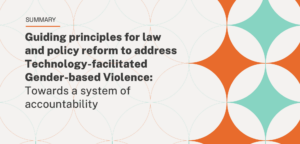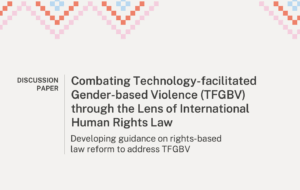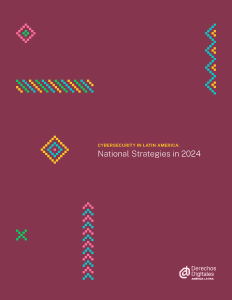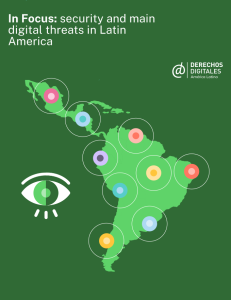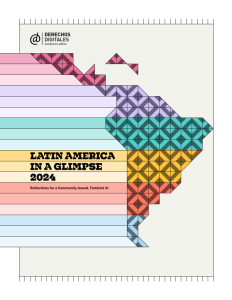Choose language:
Artificial Intelligence in Government: Collective study on experiences and risks to human rights

This report, produced by Derechos Digitales with the support of the International Development Research Centre (IDRC), examines ten cases of artificial intelligence and automated systems implemented by governments across Latin America in areas such as employment, social protection, public security, justice, education, and administrative services. Using a shared methodology, the study assesses each case’s national, regulatory, technical, and operational context, identifying risks to fundamental rights including privacy, non-discrimination, access to information, and due process. It highlights cross-cutting issues such as poor data quality and interoperability, opaque decision-making processes, and dependency on private providers, as well as the differentiated impact on groups in situations of vulnerability.
While these systems are often presented as innovations to optimize public policies, the report warns that their implementation frequently lacks prior human rights impact assessments, robust accountability mechanisms, and effective safeguards against bias and error. The research underscores the urgent need for clear regulatory frameworks, proactive transparency practices, and binding ethical standards to ensure that the use of AI in the public sector is compatible with state obligations under human rights law, preventing the reproduction of inequalities or the violation of fundamental guarantees.
































